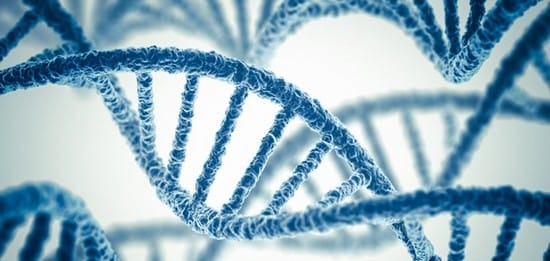- July 17, 2015
- Posted by: Sergei
- Category: Argumentative and Controversial

Massive intrusion of innovative technologies into medical science has resulted in a great number of complex and contradictory questions, many of which cannot be answered straightforwardly. This includes such problems as intrusion in the sphere of human reproduction, genetic opportunities and risks, cloning, mental health and other social issues. There are constantly introduced new concepts that need to be properly formulated and thoroughly investigated. In recent years, a new type of ethics has emerged. It is known as bioethics, whose ultimate goal is to protect people from possible negative impacts of technological advancement and complications related to the rapid progress of science and technology, which lead to the reformation of social life throughout the world. Modern socio-economic state of society requires social and personal values to be reinterpreted and presented in a new light.
If to analyze bioethics as a philosophical discipline rather than a medical one, it becomes clear that this science mainly deals with a person’s perceptions of life, health and death. It also concerns the relationship between a medical practitioner and patient being equally engaged in the struggle for a healthy life. Bioethics protects the rights of people and all living beings. However, bioethics is a rather controversial science and has negative sides as well.
It needs to be noted that bioethics covers such ethical standards as the morality of murder and the liability of euthanasia and cloning. These concepts are often covered in newspaper articles and discussed on scientific conferences. However, these issues have not yet been fully investigated and still remain under discussion. One of the advantages of bioethics is its application in reanimation practice. However, this may be perceived as a drawback of bioethics as well. In fact, enhancement of reanimation techniques has turned the process of dying into a long-lasting mechanical process having raised a principally new moral question: who should decide whether a patient should die or not? Should it be doctors, relatives or the patient him/herself?
Owing bioethics, the medical science has turned into a humanistic practice defined by a new ethical principle: to live decently and to die decently. Such situation encourages the spread of assisted suicide also known as euthanasia, which is a rather contradictory issue that still provokes controversial arguments in favor and against this practice.
Furthermore, bioethics has helped to develop transplantology due to the fact that the main sources of biomaterial subjected to transplantation are terminal patients. This has encouraged the formation of a new ethical principle implying that incurable patients should donate their organs for the sake of the scientific development. This is also a controversial question that is associated with positive and negative outcomes at the same time.
What is more, bioethics is associated with artificial fertilization, which also has both negative and positive sides. On the one hand, it helps women with some kind of health problems to get pregnant and give birth to a child. On the other hand, it leads to lack of affinity between mothers and their children and is associated with a number of other negative outcomes as well. Among the negative outcomes is the preemption of traditional values due to the fact that artificial fertilization might become more widely spread than the traditional one. This is likely to destroy ethical values of a personality as artificial fertilization contributes to the popularity of gay marriage, surrogate motherhood and single-parent families. For this reason, it is often called biological prostitution. All this makes bioethics a controversial science, and even though it stands for the technological progress, it is also associated with the destruction of ethnical principles and moral values of a personality. Nevertheless, every person has a right to decide whether he/she wants to use bioethics for this or that purpose.
